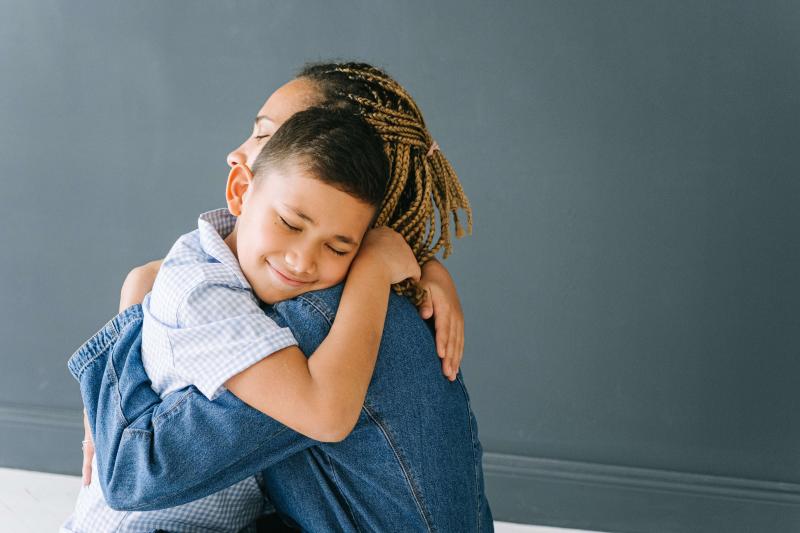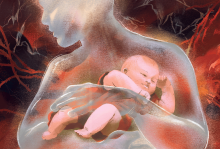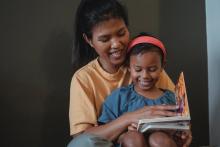
How to Talk to Young Children about War and Conflict
“Blessed are the peacemakers, for they will be called children of God” — Matthew 5:9
As you listen to the cry for peace and justice in this moment of war and conflict, we must also remember that these cries echo amongst our children. Science is clear, stress has a lasting impact on the well-being of pregnant people, caregivers, and their children that shape their futures for years to come. Too often we underestimate babies and toddlers’ abilities to process the world around them because they lack the language skills to communicate fear or anxiety verbally. Whether it be increased clinginess, sleep changes, lack of appetite, or frustration, toxic stress shows in each child’s behavior. As Jesus proclaims in the Gospel of Matthew, heeding the cry for peace and justice starts with children, your family, and community.
This resource is a collection of tips, articles, books, prayers, and scripture to begin the journey of processing global events, conflict, and crisis with children in your life in developmentally appropriate ways.

Comfort Through Conversation
Children look to their parents and caregivers for comfort, affirmation, and safety in times of crisis. It can be scary and daunting to meet your child where they are at in terms of their understanding of conflict in the world around them, but you don't need to be an expert to make space for their emotions, questions, or needs! UNICEF recommends these eight tips for comfort through conversation:
- Find out what they know and how they feel
- Keep it calm and age-appropriate
- Spread compassion, not stigma
- Focus on the helpers
- Close conversations with care
- Continue to check-in
- Limit the flood of news
- Take care of yourself
Related Articles
Luke’s gospel shows Jesus learned about peace from the best.
Welcoming children prepares us for welcoming strangers.
For many around the world, especially those being forced from their homes, there is little opportunity for rest this Advent season.
“It is profoundly significant that Jesus was born not in a secure, two-income household but to an unwed teenage mother.”







